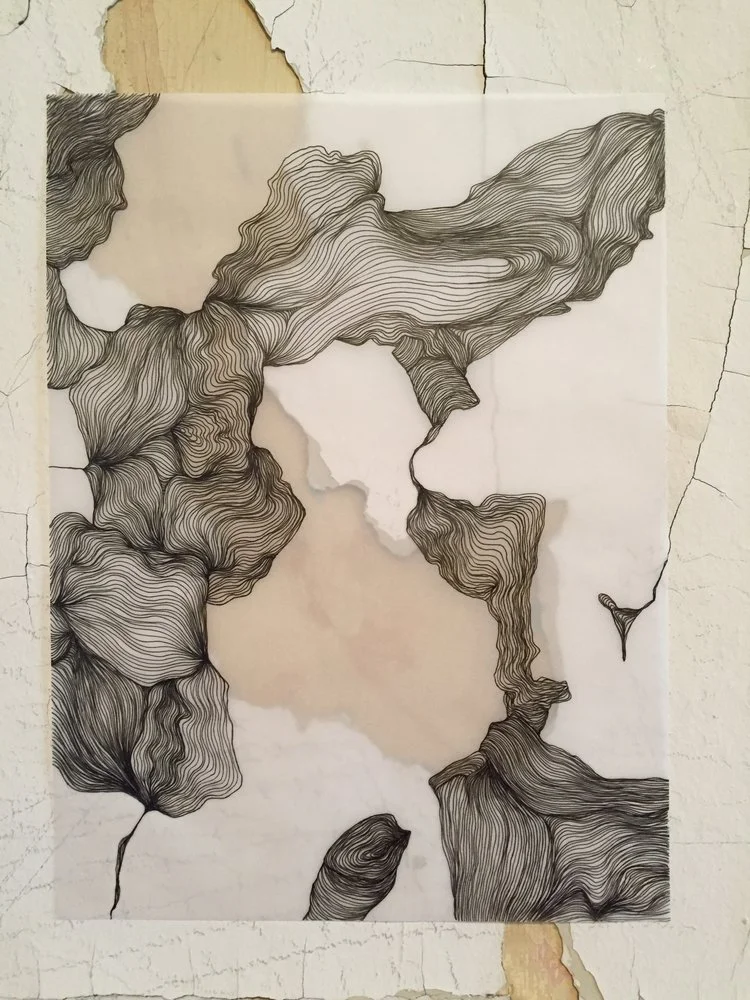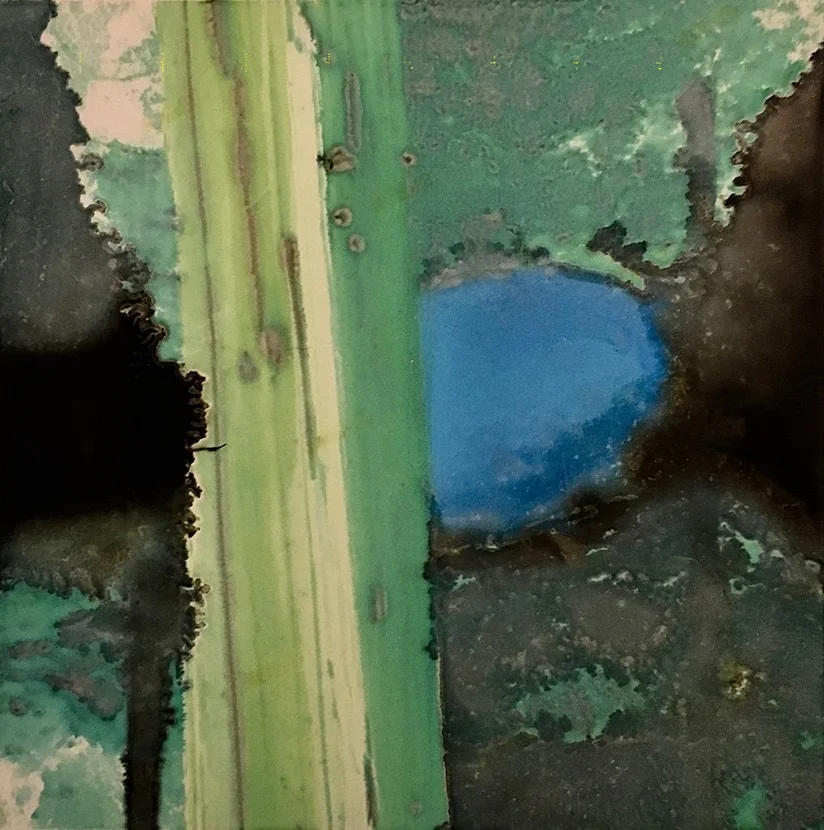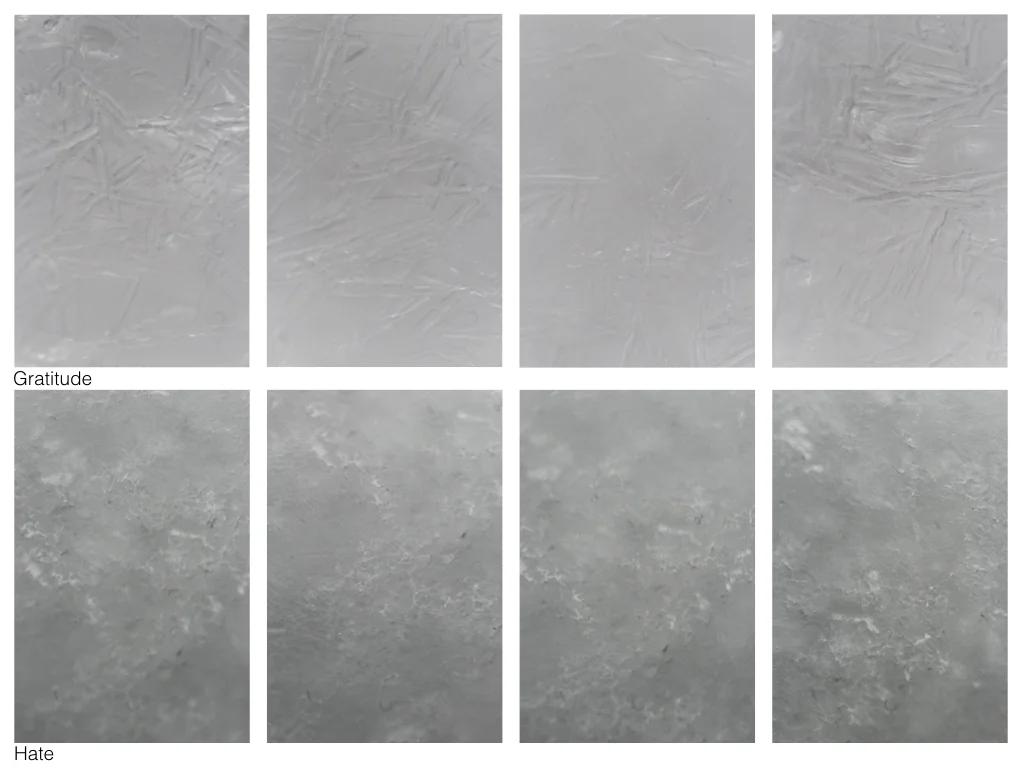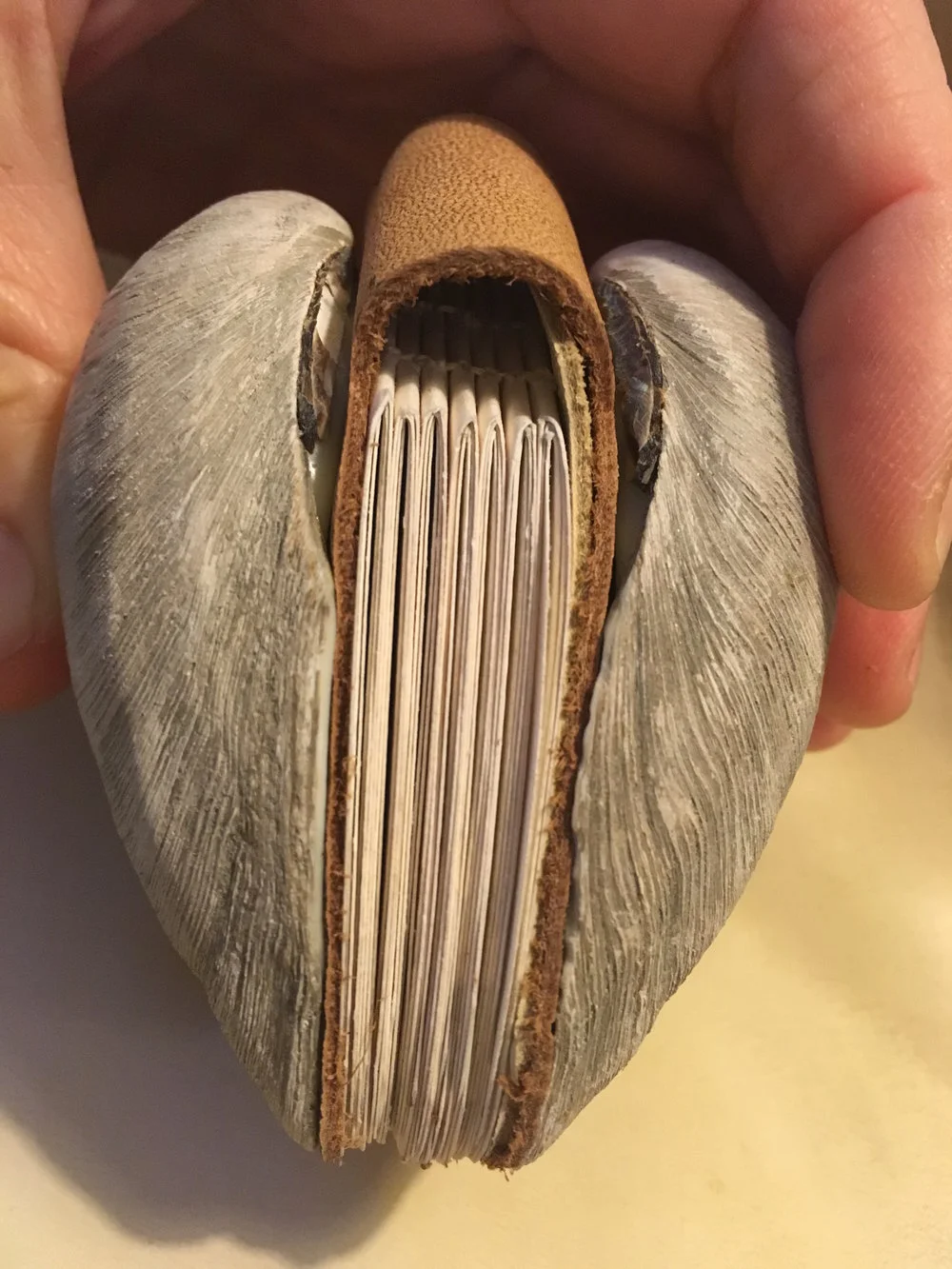This work was created during the WoW/UNY Governors Island Residency. Deanna Lee was in residence on Governors Island from September 4-30th, 2018.
This work was created during the WoW/UNY Governors Island Residency. Simone Johnson was in residence on Governors Island from August 6-September 2, 2018.
This work was created during the WoW/UNY Governors Island Residency. David Andree was in residence on Governors Island from June 25-July 8, 2018.
This work was created during the WoW/UNY Governors Island Residency. David Andree was in residence on Governors Island from June 25-July 8, 2018.
Read MoreThis work was created during the WoW/UNY Governors Island Residency. David Andree was in residence on Governors Island from June 25-July 8, 2018.
Read MoreThis work was created during the WoW/UNY Governors Island Residency. David Andree was in residence on Governors Island from June 25-July 8, 2018.
Read MoreThis work was created during the WoW/UNY Governors Island Residency. David Andree was in residence on Governors Island from June 25-July 8, 2018.
This work was created during the WoW/UNY Governors Island Residency. David Andree was in residence on Governors Island from June 25-July 8, 2018.
This work was created during the WoW/UNY Governors Island Residency. David Andree was in residence on Governors Island from June 25-July 8, 2018.
This work was created during the WoW/UNY Governors Island Residency. David Andree was in residence on Governors Island from June 25-July 8, 2018.
This work was created during the WoW/UNY Governors Island Residency. David Andree was in residence on Governors Island from June 25-July 8, 2018.
This work was created during the WoW/UNY Governors Island Residency. David Andree was in residence on Governors Island from June 25-July 8, 2018.
This work was created during the WoW/UNY Governors Island Residency. David Andree was in residence on Governors Island from June 25-July 8, 2018.
This print a re-strike of original linoleum block carvings by Clement Hurd, illustrator of Goodnight Moon. The original linoleum blocks were carved as illustrations for the Children’s book The Mother Whale written by Edith Thacher Hurd 1973. The blocks were rediscovered by their grandson Nicholas Hurd who has reprinted the blocks in the form of a larger print.
Read MorePhillip Lopate describes the shape of Manhattan Island as ‘a luxury liner, permanently docked, going nowhere’. This feeling of being tethered to the land, unable to get to sea, was a feature of New York life for much of the twentieth century. New York was an island without a coast. The West Side piers that once welcomed the Lusitania spent most of the twentieth century crumbling or behind barbed wire, while the East Side’s coves and points were cut off from pedestrians by six lanes of the Robert Moses-designed Franklin Delano Roosevelt Drive. It wasn’t much easier to reach the shores of Brooklyn, Queens or the Bronx, either: with a few exceptions, they were largely reserved for municipal or industrial use, and easiest to see from the Staten Island Ferry (en route to the borough with the most beaches). Now, slowly, the city is reclaiming its shoreline, with some spectacular results.
Read MoreDrown the bird for luck, she tells me. It will keep him alive.
All right, I say.
The bird is small and yellow and white and grey, a songbird. When she puts it in my hands, I can feel its pulse shuddering against my palm. Tiny thing, I could crush it just as easily.
Read MoreI call out that I’ve found a bone, a spinal vertebra perhaps, and I begin to pull away the seaweed and sand crabs from where the marrow once was. The friend I've brought here appears at my side and I hand him the horse bone. He turns it over in his hand; it looks more like wood than bone from years of being tossed and aged in the bay. We keep pawing through the broken bottles and tinker toys littering the shore and find a very bone looking bone: long and thin in the middle and bulbous on the ends, like a dog toy or a bone you’d see in a cartoon. We are preoccupied with this carnal treasure hunt. We have done the remarkable: we have found a certain joy in death.
Read MoreIn the 1950s, US Navy submarines heard a strange underwater noise near Hawaii and southern California. A coiled chirping sound that sprang to a rapid crescendo, and then fell just as quickly. No one knew what it was. The sound became known as a “boing.” Scientists later guessed it was a whale, but it wasn’t until nearly half a century later, in the winter of 2002, when a boatload of researchers in the Hawaiian Islands finally heard a boing and spotted a whale at the same time. The boing remained a mystery for so long in part because its source is one of the smallest of the whales, one that doesn’t make a big spout and doesn’t surface for long: a minke whale.
New York is a city of nooks and crannies, discovered and undiscovered, above and below the waterline.
Read More












